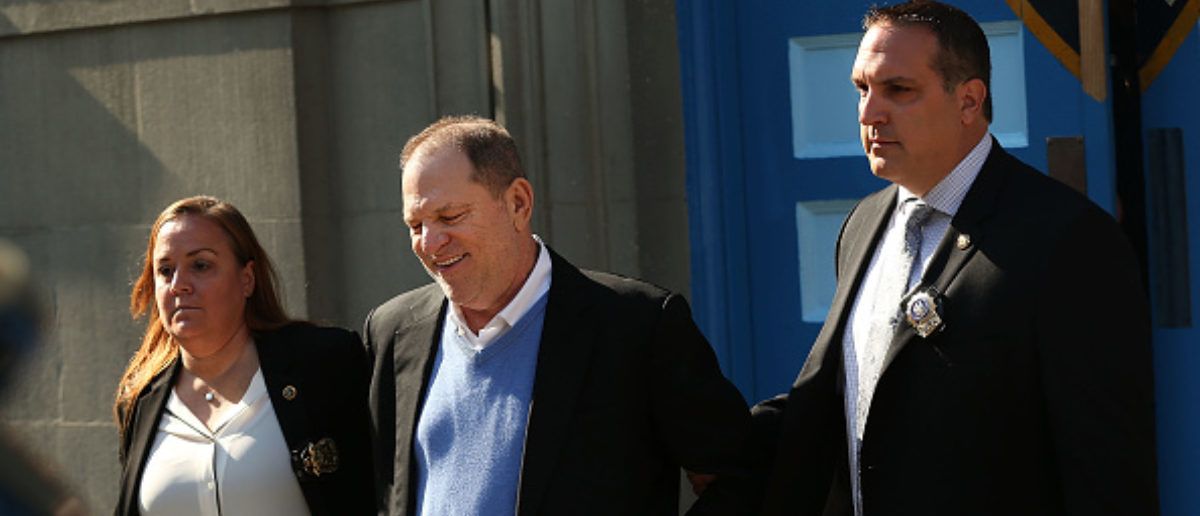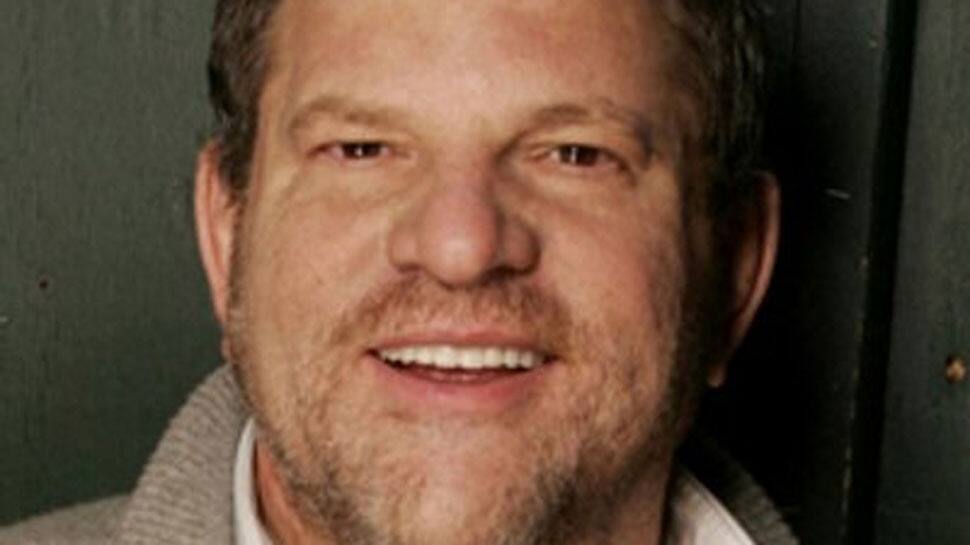

An initial investigative report was created for 35 percent of the calls. Of the 1,290 sex crime “calls for service” between 20, 65 percent were labeled as “miscellaneous” - marking them as noncriminal incidents - and no reports were taken. In New Orleans, the city’s inspector general released a report in 2014 concluding that only 14 percent of sex crime complaints sent to five special victims unit detectives were investigated. Other major cities have suffered similar scandals over the poor performance of their police departments and prosecutors in addressing sex crimes in recent years. The Metropolitan Police Department contested the findings. In 2013, Human Rights Watch published a report alleging that a large number of sexual assault complaints made to police were never logged or investigated. One reason Washington, D.C., has tracked these crimes closely is that the city was, until recently, doing even worse. In Virginia, only 37 percent of prosecuted sexual assault cases led to a conviction between 20 in the city of Newport News and Williamsburg-James City, and because such a small fraction of reported cases were prosecuted, “only 4 to 5 percent of incidents reported in those years have so far resulted in a conviction,” the Daily Press reported in May 2015. Of the remaining 671 cases, only 189 involved arrests, and just 124 of those saw prosecutors move the case forward post-arrest. Nearly half the reports were not even classified as crimes by police or forwarded to prosecutors. There were 1,177 reports of adult sexual assault or crimes with a sexual element made to police - but just 14 guilty verdicts.Īnother 4.4 percent of cases, 52 of the 1,177, were settled by plea bargains. In Washington D.C., for example, only 10.3 percent of sex crime complaints received by police were prosecuted in 2015, and only 1.2 percent of the complaints led to guilty verdicts, according to a report prepared for the mayor’s office in 2016. But those that have paint a startling portrait of how sex crimes are handled. Not every city has published a comprehensive look at how cases are handled in their jurisdictions.

In this, their experience is the rule, not the exception. Both saw their cases dismissed by prosecutors as unwinnable. Only one woman is known to have lodged a formal criminal complaint against Weinstein before the recent revelations, just as one woman reported Bill Cosby to police. This fact - complainants take on significant personal risks to their reputation and emotional well-being with only a small chance that their accused attacker will be prosecuted, let alone convicted - is among the reasons many women do not report sexual assaults, including rape, to police.

On television, half the drama is accused criminals being held to account by prosecutors in real life, most sex crimes never make it before a judge or jury, or even get to the point of an arrest. “Law & Order: Special Victims Unit” may have been inspired by the real-life New York City sex crimes unit, but the real-life odds that a woman who has been sexually assaulted will ever see the inside of a courtroom are low. The answer is simple and depressing: Nearly half a century after the start of rape law reforms pushed by second wave feminists and 31 years after the Supreme Court ruled that sexual harassment was a form of workplace discrimination prohibited by the 1964 Civil Rights Act, the legal system continues to struggle to provide justice for women who have been raped or otherwise sexually assaulted, except in the most extreme circumstances. It is the vexing question at the heart of the Harvey Weinstein story. WASHINGTON - How did he get away with it for so long? Yahoo News photo Illustration photos: AP, Getty


 0 kommentar(er)
0 kommentar(er)
